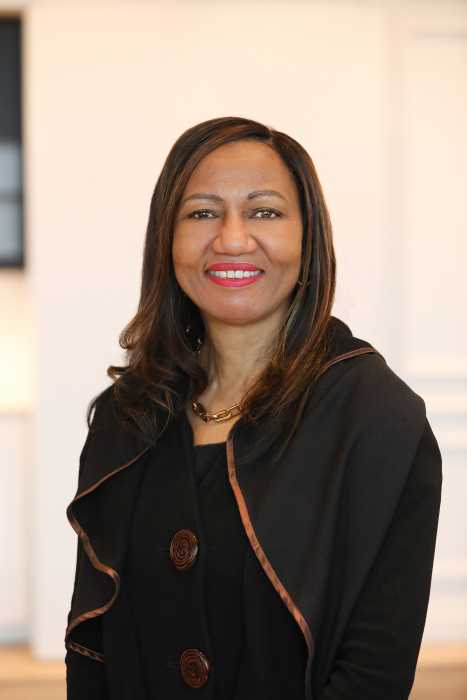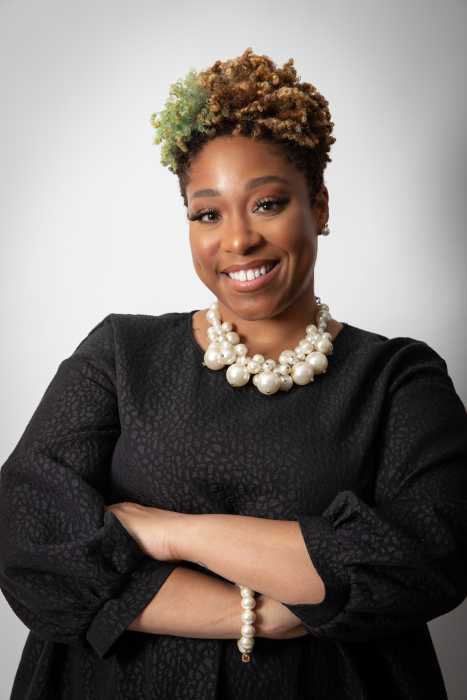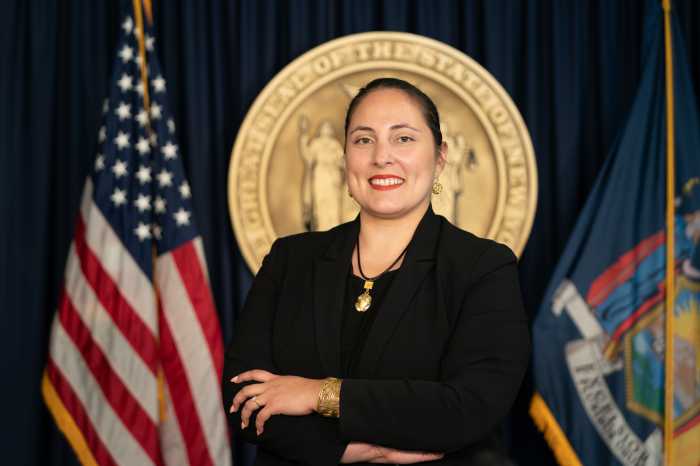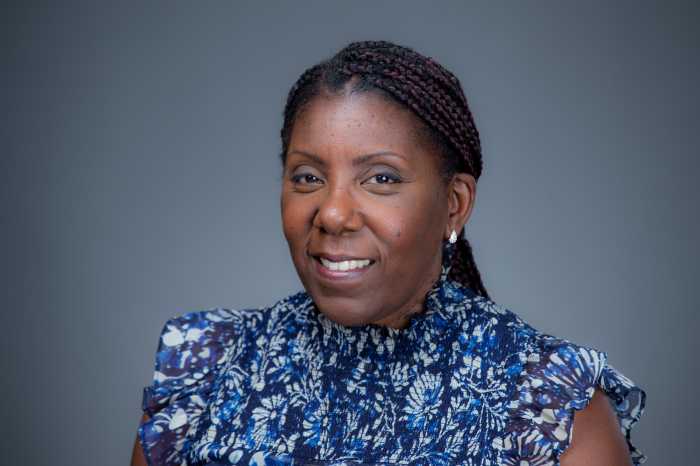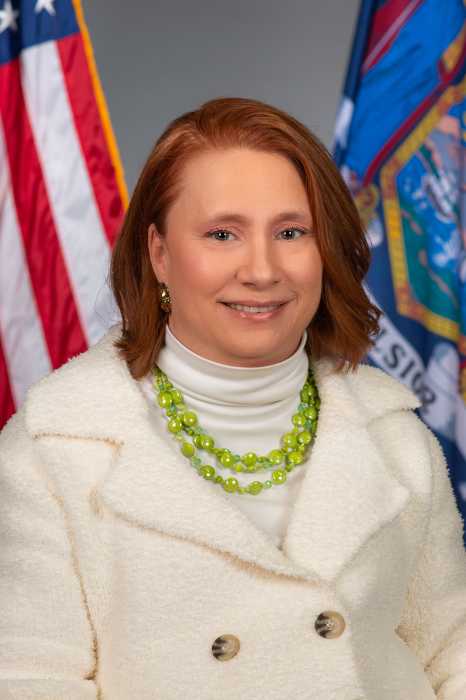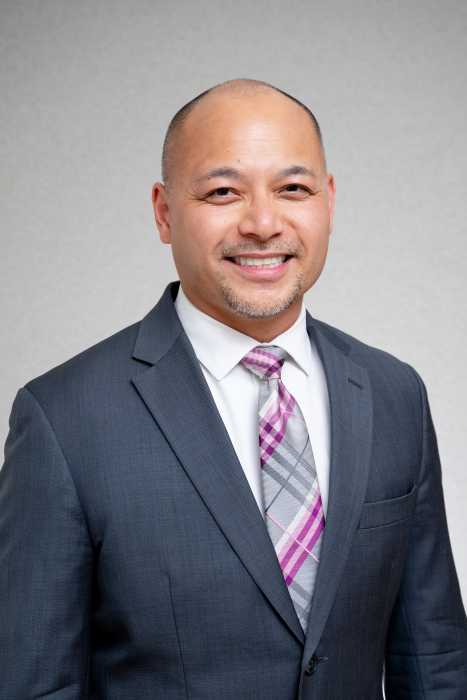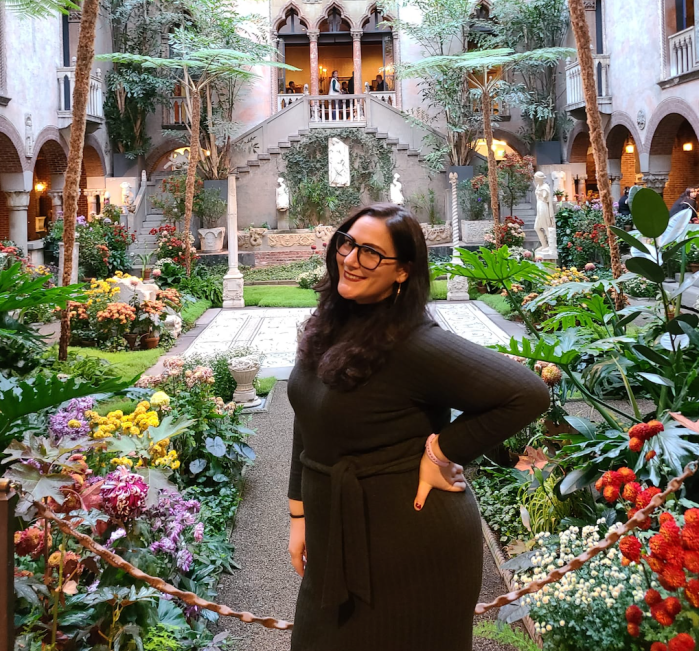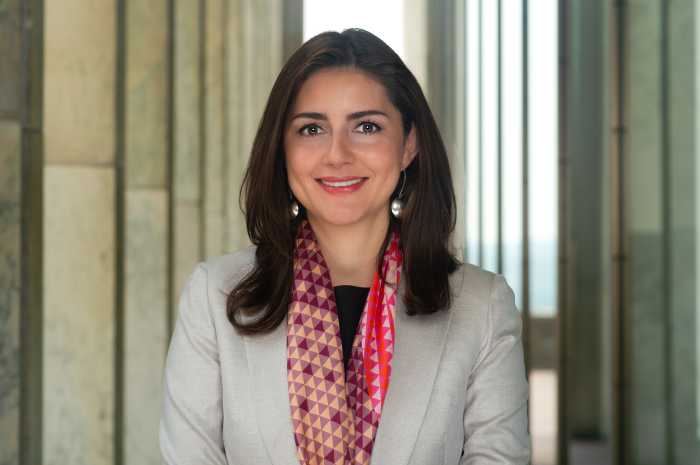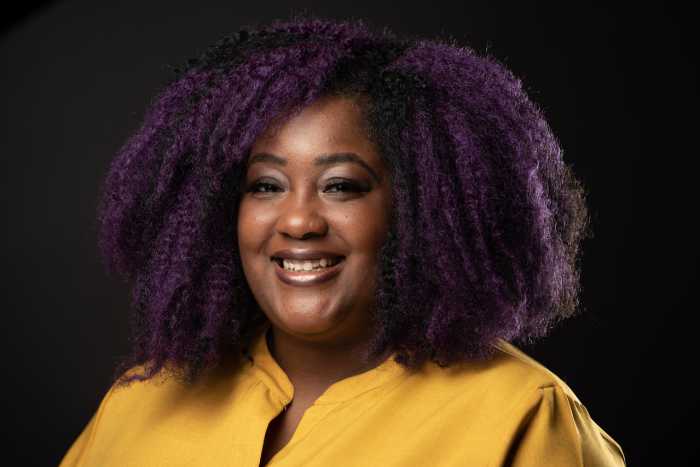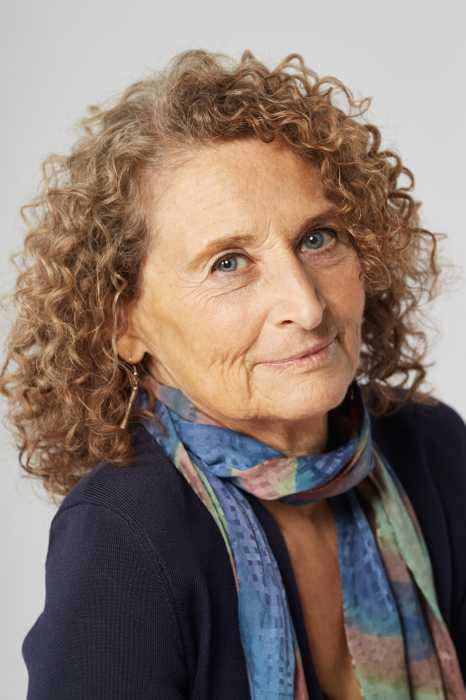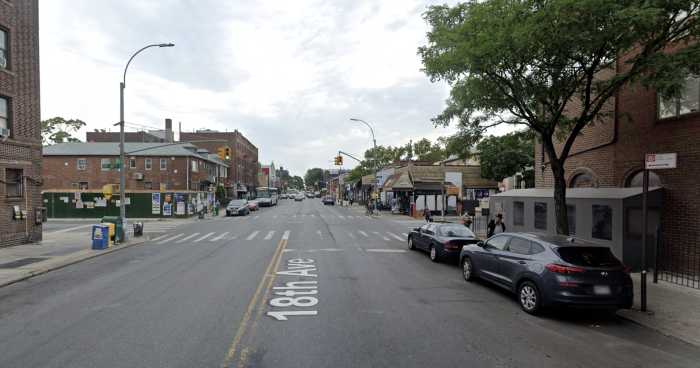As global head of diversity, equity and Inclusion (DEI), Thelma leads the implementation of JPMorganChase’s approach to DEI and its integration into how the company does business. Thelma also retains her position as vice chair of Commercial Banking. Thelma is a member of the Executive Leadership Council. She sits on the boards of the New York Bankers Association and the New York City Ballet.
What’s the most important lesson you’ve learned in your career so far?
It is critically important to bring others along with you and give back some of those lessons that you’ve learned. The best advice I’ve received is to be honest with yourself about where you have opportunities for growth. Push yourself to improve your skills and surround yourself with leaders and mentors who will challenge you. You won’t always have all the answers, but there’s somebody out there who can support you along the way.
Why is diversity, equity and inclusion important to you and/or your organization?
At JPMorganChase, we’re working to implement an inclusive approach in how we lift up the communities in which we operate. We believe our commitment to the principles of diversity, equity and inclusion makes our company stronger and more profitable, as well as a better global corporate citizen. We’re helping to drive local economies, helping communities grow and helping to build personal prosperity. We all thrive when our communities thrive.
What advice do you have for organizations looking to establish or improve DEI initiatives?
Inequity stifles economic growth. If you start with that fact, it becomes clear how engaging more communities and helping to create more equitable opportunities is just smart business. DEI is not a buzzword; its tenets should be a core ingredient in the design and execution of your business strategies and run with the same commitment and rigor as other parts of your business.


